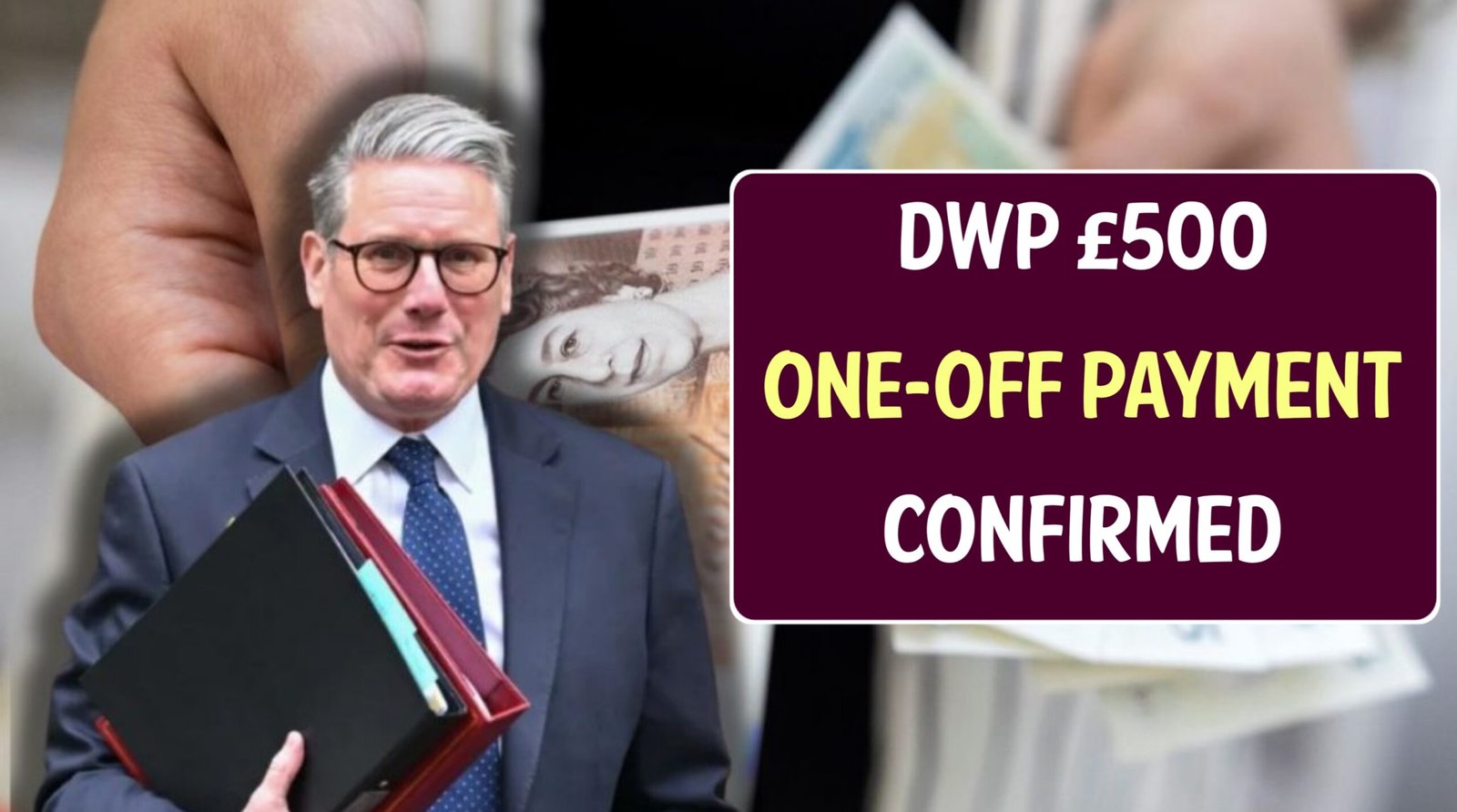The Department for Work and Pensions (DWP) has confirmed a new £500 one-off payment to support eligible individuals in the UK. This initiative aims to provide immediate financial relief to those who may be struggling with rising living costs. With the official confirmation now out, many residents are eager to understand who qualifies and how to claim this payment. This article will break down the key details, eligibility criteria, and steps to ensure you receive your payment without delay.
Purpose of the £500 One-Off Payment
The DWP has introduced the £500 one-off payment to help citizens facing financial difficulties due to inflation, energy costs, and other essential expenses. The payment is intended as temporary support, targeting households and individuals most in need. This initiative also aims to reduce immediate financial pressures, providing a buffer for essential living costs such as rent, utilities, and food.
Who Qualifies for the Payment
Eligibility for the £500 one-off payment is based on current benefit receipt and specific financial criteria set by the DWP. Those receiving means-tested benefits, such as Universal Credit, Income Support, Pension Credit, and Jobseeker’s Allowance, are most likely to qualify. Some individuals who are not on benefits but meet certain low-income thresholds may also be eligible.
To check if you qualify, it’s important to review your benefit status and ensure that your information is up to date with the DWP. Mistakes in records or outdated contact information could delay payments.
How the Payment Will Be Distributed
The DWP has confirmed that eligible recipients will receive the £500 payment directly into their bank accounts. Those who already receive payments via direct deposit will see the funds automatically, while new recipients or those without bank accounts may receive a cheque.
Timing for distribution may vary depending on current administrative processing. The DWP has stated that the majority of payments will be issued within a few weeks of confirmation, but delays can occur during high-volume periods.
Steps to Claim the Payment
For most people, the payment is automatic if they meet the eligibility criteria. However, some individuals may need to take action to ensure they receive it. Steps include:
- Verify your personal and bank details with the DWP.
- Check your eligibility based on current benefits or income thresholds.
- Complete any required application forms if prompted.
- Keep an eye on communications from the DWP, including letters and emails, for confirmation of your payment.
Impact on Other Benefits
The £500 one-off payment is designed to provide support without affecting other benefits. It is treated as a temporary, non-recurring payment, meaning it should not reduce your standard benefits such as Universal Credit or Child Benefit. However, it is recommended to report any received payment when completing benefit reviews to ensure accuracy.
Financial Planning Tips
Receiving a £500 one-off payment can be a significant help, but it is important to plan how to use it effectively. Some tips include:
- Covering essential bills first, such as rent, utilities, or council tax.
- Setting aside a portion for groceries and daily living expenses.
- Avoiding high-interest borrowing or spending on non-essential items immediately.
- Using the funds to build a small emergency reserve for future financial stability.
Common Questions About the Payment
Will I need to pay tax on the £500 payment?
No, the payment is not considered taxable income. It will not affect your tax return or reduce your tax-free allowances.
Can I apply if I recently started receiving benefits?
Yes, eligibility depends on your current status at the time the payment is distributed. New benefit claimants should confirm their details with the DWP.
How long will it take to receive the payment?
Most recipients will see the payment within a few weeks of confirmation. Delays are possible due to verification checks and administrative processing.
Is this a one-time payment or will it continue?
The £500 payment is a one-off initiative. There are currently no plans to repeat the payment, although the DWP may consider additional support programs in the future.
Benefits of the Payment for UK Residents
The £500 one-off payment provides immediate financial relief for households facing financial pressures. It allows residents to manage increased energy bills, food costs, and other living expenses without resorting to debt. This payment also helps to reduce stress and provides a sense of financial security during uncertain times.
How to Stay Updated
To ensure you do not miss any updates regarding the payment:
- Regularly check the official DWP website for announcements.
- Keep your contact information up to date with the DWP.
- Sign up for email notifications if available.
- Watch for letters from the DWP confirming payment details.
Support for Those Not Eligible
For residents who do not qualify for the £500 payment, there are other support programs available. These include:
- Local council grants for low-income households.
- Energy bill relief schemes.
- Charitable and community programs offering financial assistance.
- Universal Credit and other ongoing welfare support options.
Exploring these alternatives can help supplement income and provide additional financial stability.
Final Thoughts
The £500 one-off payment by the DWP is a significant step in supporting UK residents through rising costs and economic uncertainty. While eligibility is limited, the payment ensures that those most in need receive prompt financial relief. By verifying your benefit status, updating your information, and planning effectively, you can make the most of this one-off support.
The initiative highlights the government’s commitment to providing temporary but meaningful assistance to households facing financial challenges. For those eligible, the payment can offer a crucial lifeline, helping cover essential costs and reduce financial stress.
This program serves as a reminder to stay informed about government support schemes and maintain up-to-date records with agencies like the DWP. Financial planning, awareness of eligibility, and timely action can make the difference between receiving support or missing out on available aid.
